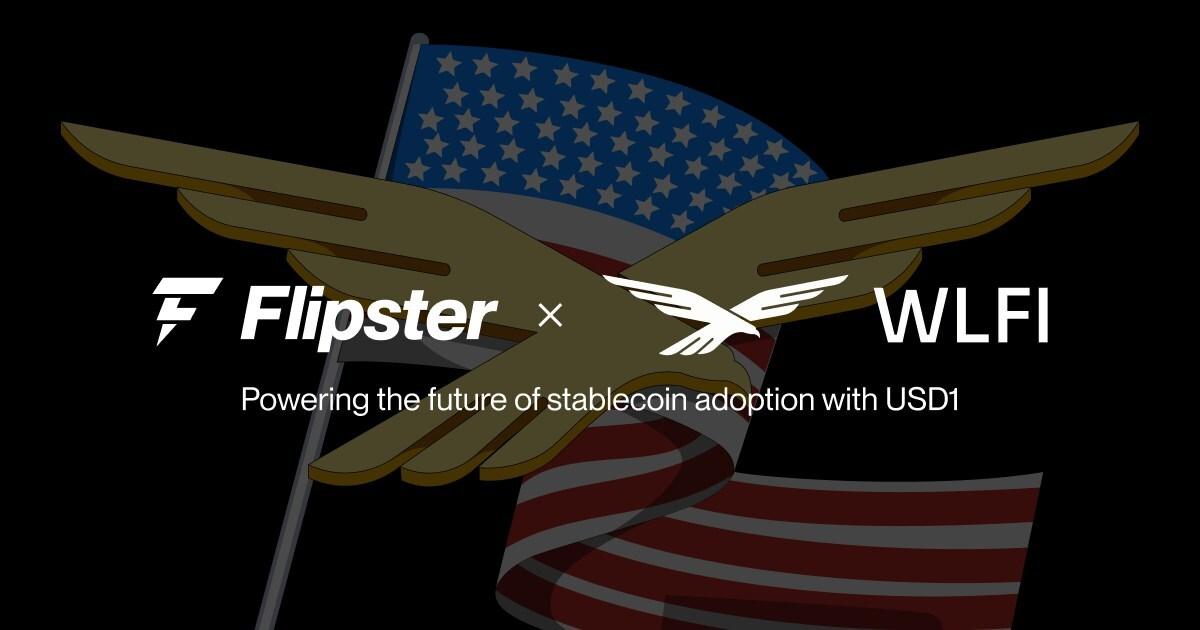Tether Under Scrutiny: Do Scammers Prefer USDT?

Table of Contents
Amidst growing concerns surrounding the misuse of digital assets for illegal activities, a recent United Nations report sheds light on Tether’s alleged role as a prominent tool in money laundering and fraud in Southeast Asia.
UN Claims USDT As Scammer Favorite
The United Nations Office on Drugs and Crime (UNODC) revealed in its report on organized crime and illicit banking that Tether (USDT) has found prominence in facilitating illicit activities in the region. The report specifically points to online gambling platforms, especially illegal ones, where Tether has become a favored choice for cryptocurrency-based money launderers.
The stability, user-friendliness, anonymity, and low transaction fees of Tether have collectively made it a “preferred choice” for fraudsters and money launderers, according to the UNODC. Intelligence agencies in the region note that Tether ranks among the most popular cryptocurrencies utilized by organized crime groups, highlighting its surge in cyber fraud, money laundering, and underground banking cases.
Tether’s Role in Underground Fraud
The UN report goes further to suggest that Tether has not only been linked to money laundering but also to underground fraud, including a notorious scam known as “pig butchering.” Tether’s involvement in this scam was brought to light when the company collaborated with the U.S. Department of Justice to freeze $225 million in USDT connected to an international human trafficking group operating in Southeast Asia.
Law Enforcement Actions
The report underscores law enforcement agencies’ efforts to dismantle money laundering networks associated with illicit Tether funds. In one notable operation last August, Singaporean authorities successfully disrupted a network, leading to the recovery of approximately $735 million in both cash and cryptocurrency.
Tether’s Defense
In response to the UN report, Tether issued a statement expressing disappointment in the assessment that singles out USDT for its alleged involvement in illicit activities. The company defended itself by emphasizing its role in aiding developing economies in emerging markets and argued that the transparency provided by public blockchains makes it impractical for illicit activities, as every transaction can be meticulously tracked.
The team also wrote,
“The UN’s analysis ignores the traceability of Tether tokens and the proven record Tether has of collaborating with law enforcement. Rather than focusing solely on risks, the UN should also discuss how centralized stablecoins can improve anti-financial crime efforts. There are yet many more opportunities to work to stop financial crimes on blockchains, and it behooves the UN to work with the industry to understand and execute modern strategies to fight financial crime. Tether will happily collaborate on such matters.”
Disclaimer: This article is provided for informational purposes only. It is not offered or intended to be used as legal, tax, investment, financial, or other advice.




